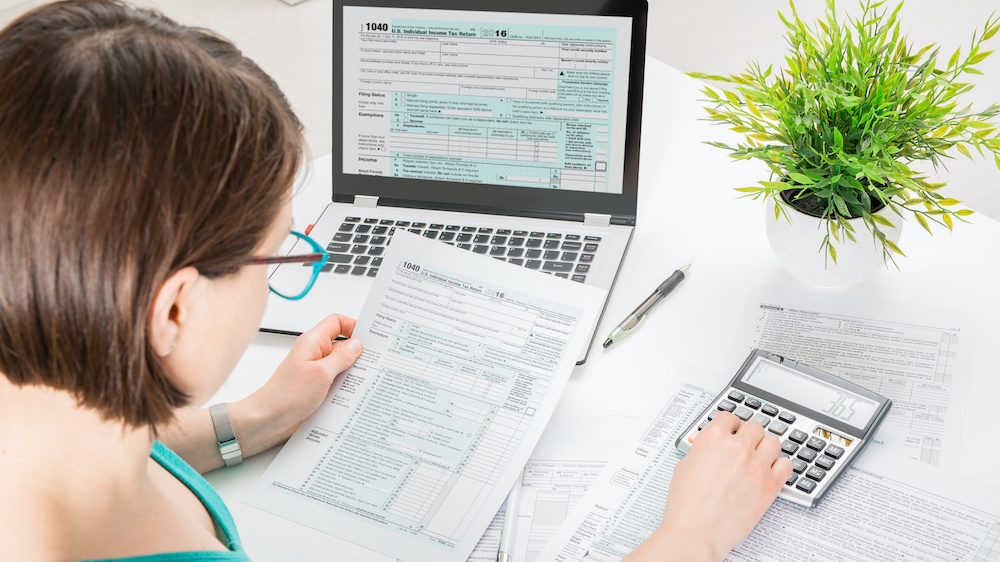
If you buy property in the United States from a foreign owner, the Internal Revenue Service will likely require you to withhold sales proceeds to cover taxes the seller will owe under the Foreign Investment in Real Property Tax Act (FIRPTA). Mishandling this special withholding could end up costing you the tax plus penalties, so it’s essential you understand the law. Here’s how FIRPTA works and what it requires you to do.
FIRPTA facts
FIRPTA, which became law in 1980, requires a foreigner who sells or transfers U.S. real estate in which he has an interest to pay income tax on the sales proceeds. In the law’s early years, the government had difficulty collecting these taxes from foreign sellers. So in 1984 the government placed the burden of withholding a portion — now 15 percent — of the sales proceeds on the buyer to ensure that the taxes are paid.
The details
- If FIRPTA applies to your transaction, you as the buyer must file IRS form 8288 and submit the withheld amount within 20 days of closing. Otherwise, you’ll face penalties.
- FIRPTA applies to transactions where the seller holding an interest in the property is a foreign person, corporation or partnership, subject to certain exceptions. Foreigners who are deemed resident aliens with green cards are not considered foreigners for purposes of FIRPTA. “Interest” in property is defined as any equity ownership, which means the law does not apply to credit-based interests, such as holding a mortgage on the property.
- The IRS considers the tax that foreign property owners owe to be an income tax, not a capital gains tax.
- The IRS puts the responsibility of determining whether a seller is foreign on the purchaser, not the title-escrow agency. If the tax is not paid, the IRS can hold the purchaser, seller and attorneys on both sides of the transaction liable for the tax.
- Certain transactions are exempt from FIRPTA. The law does not apply if the property purchased is a residence valued under $300,000. Additionally, If the buyer receives a statement from the U.S. Secretary of the Treasury that the seller has arranged to pay the tax or for some reason the seller does not owe the tax, then the buyer is not obligated under FIRPTA for the withholding. You can find the details of these and other exemptions on the IRS website.
- To be sure of complying with FIRPTA, It’s important that you consult a tax professional if you are purchasing property from a foreign person, corporation or partnership.


